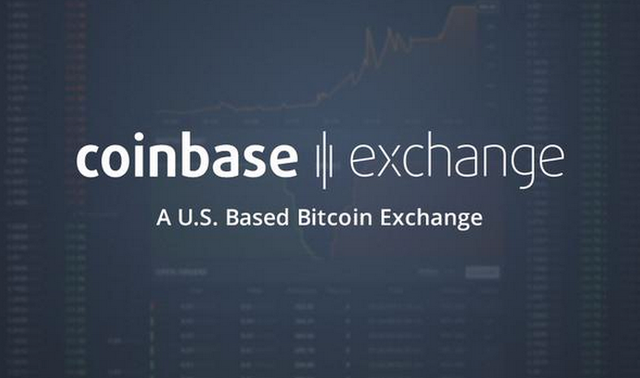
Crypto is gradually assuming a more acceptable and legitimate face.
There could be even more positive effects in the future, particularly if full regulation helps to reel in big institutional investors.
The recent rally of bitcoin and its rivals were linked to several explanations: the reemergence of the bulls, a possible Bitcoin ETF, and also a new (Tether-driven) pump and dump. However, there was one other possible factor that was largely ignored: regulation.
In recent weeks, news has steadily emerged of a number of new crypto-exchanges becoming fully regulated. Not only is this highly encouraging for the exchanges concerned, but it underlines how crypto is gradually assuming a more acceptable and legitimate face, something which can only instill would-be investors with more confidence.
Regulating the Unregulated
On July 26, Blocktrade announced the beta launch of its crypto-exchange, which is due to witness its full release in September. Based in Liechtenstein, Blocktrade is in the process of obtaining an MTF (multilateral trading facility) license under the MiFID II framework, a piece of EU legislation that rules on the trade in financial instruments.
Once obtained, an MTF license would be a considerable boost to Blocktrade, which is already trading in bitcoin, bitcoin cash, ethereum, litecoin, and ripple. "This is an ideal way for regulators across Europe to recognize cryptocurrencies as a new asset class and put in a regulatory framework,” said Blocktrade CEO Luka Gubo, according to a report in Forbes.
Currently, not a single exchange is regulated under the MiFID 11 framework, something which Gumbo believes deters traditional, mainstream investors away from crypto.
"If an institutional investor wants to invest in cryptocurrencies, they currently have a problem," he says. "Where do you send the order to buy? There’s a lot of speculative valuing in cryptocurrencies — proper regulation is the only way to lower that risk."
Yet Blocktrade won't be the only exchange likely to reduce the 'risk factor' of crypto trading. In Switzerland, SIX – the owner-operator of the Swiss stock market – announced at the beginning of July that it's building a fully integrated and regulated exchange for digital assets (i.e. cryptocurrencies).
Scheduled for launch in the first half of 2019, the SIX Digital Exchange will be regulated as a Financial Market Infrastructure (FMI) by the Swiss financial regulator, FINMA, and the Swiss National Bank. As with Blocktrade, its regulation will offer a secure environment for trading such digital assets as bitcoin and ethereum, while it will also enable the existing securities and non-bankable assets to be tokenized for the first time.
As the stock exchange infrastructure for Switzerland, we know what it takes to build and run mission-critical and scalable, systemically important services," says Thomas Zeeb, Head Securities & Exchanges, SIX. Not only does such comments underline the likely reliability of the upcoming exchange, but it underlines the huge vote of confidence crypto has received, if a player such as SIX is willing to put its weight behind it.
Boosting Bitcoin As An Asset
Such announcements mirror developments elsewhere in the world, contributing to the overall sense that crypto is building a more reputable foundation. In South Korea, the government officially recognised the nation's crypto-exchanges as regulated financial institutions at the beginning of July, a move that will permit larger scale trading and entitle exchanges to support from local authorities.
South Korea is currently the fourth biggest crypto-market in the world (third is the EU), while the second and first biggest markets – USA and Japan – have also been moving towards greater regulation as of late. In the US, Coinbase is allowed to list tokens classed as securities, and can operate as an alternative trading system and a broker-dealer. And in Japan, 16 government-licensed crypto-exchanges joined together to form a self-regulatory association in March, providing much needed assurance at a time when trust in the Japanese exchange system was shaky.!